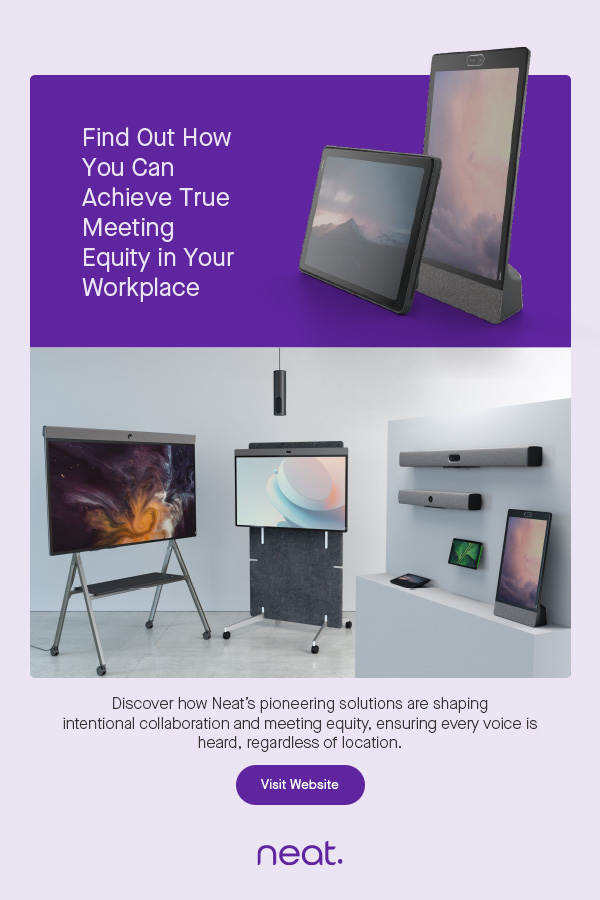In a revealing interview with Sky News, Turnbull has said that put the onus for copyright enforcement on the content owners, who are trying to get ISPs to do their dirty work for them.
The copyright industry needs to be careful what it wishes for. It has been the key driver for greater action against piracy, which has led to the Government’s discussion paper on Online Copyright Infringement, released last week.
That document recommends a system similar to that which operates in New Zealand, where copyright holders must inform ISPs of copyright infringements of their customers. They do this by providing the ISP address of the infringer, which they obtain by monitoring piracy sites, and which usually identifies the user’s ISP.
The ISP then identifies the individual and warns them against illegally downloading copyrighted content. On the third such notice, the ISP informs the copyright holder of the infringer’s identity, and it is up to the copyright holder to take legal action.
That is not quite what the copyright industry wants – it wants the ISPs to be the policeman and to be the one taking action against the copyright infringers. That is what the celebrated case between ISP iiNet and content distributor Roadshow was all about in 2012.
|
|
The trouble is, the Government, in the form of one Malcom Turnbull, is not quite playing the copyright industry’s game. He is making it perfectly clear that the ISP’s role should end with identifying and informing (and informing on) the culprit. It’s then up to the rights holder to go to the trouble – and expense – of taking the matter further.
“It is absolutely critical that rights owners have to be prepared to roll their sleeves up and take on individuals, said Turnbull in the interview, with Skye News’s David Speers.
“A lot of people in the content industry ask why they should have to take people to court. Why can’t the ISPs impose the sanctions for them? The ISPs say ‘it’s your valuable content that’s being stolen. You’re the one suffering the massive financial loss. Surely it’s up to you to take action’.”
When asked by Speers where he stood on this, Turnbull said that ultimately the cost of enforcement “should be where the loss occurs, and that of course is with the content owner. Rights owners are not keen on taking people to court because it doesn’t look good, because it’s bad publicity. What happens if the person you sue is a single mum, a student, a retiree on a low income?
“The bottom line is that the rights owners are going to have to be tactical about who they take to court, just like everybody else is – banks, credit card companies, anyone not being paid. Then as awareness rises and people realise that they could be sued for what they have stolen, then the level of infringement and theft will decline.
“They have got to be prepared to sue people, to sue mums and dads and students who are stealing their content. They can’t expect everybody else to do that for them.
“People need to learn that downloading a movie you haven’t paid for is the same as shoplifting. There’s some people who say everything that’s online should be free. That’s like saying everything in the supermarket should be free.”
Turnbull is right to say copyright holders would be reluctant to sue individuals. When they have done so in the past the resultant bad publicity has done them more harm than good, so the industry has since switched tactics to try to pressure governments to strengthen the law and make others, such as ISPs, be the enforcement arm.
Unfortunately for them, that is not what appears to be happening. Fairfax media quoted Village Roadshow co-chairman Graham Burke as saying that suing individuals wouldn’t work and would “clog up the courts.” He wants all the gain for none of the pain.
“New Zealand has proven that that is ineffective and also the music industry has had a bad experience with it. New Zealand has graphically demonstrated that with the music industry, after spending a fortune for a small market on lawyers and legal costs, and taking often up to 18 months to go through the court system. We’re either serious about stopping piracy or we’re not.”
To the copyright industry, getting serious about piracy means getting serious about getting other people to get serious. They are the beneficiaries, but don’t want to carry the expense.
Then there is the other big issue, one that Turnbull in his interview called a “vital point” and which the copyright industry would prefer was ignored – that a major cause of piracy is the restrictive practices of many content owners to limit distribution, through practices such geoblocking and the bundling of good content with dross to make it more expensive.
“It is vital for the content owners to make their content available ubiquitously and globally, and to make it available in an affordable manner,” said Turnbull, though he indicated it should not be the Government’s role to enforce this.
“If the owner of a movie wants to limit its distribution in one market or charge people a lot, that’s their right, but the consequence is you give people a bigger incentive to find a way around it. Human ingenuity being what it is, they probably will find a way around it.”
Again, Turnbull has put the onus back on the copyright holders. The debate is not quite headed in the direction they had hoped.












































